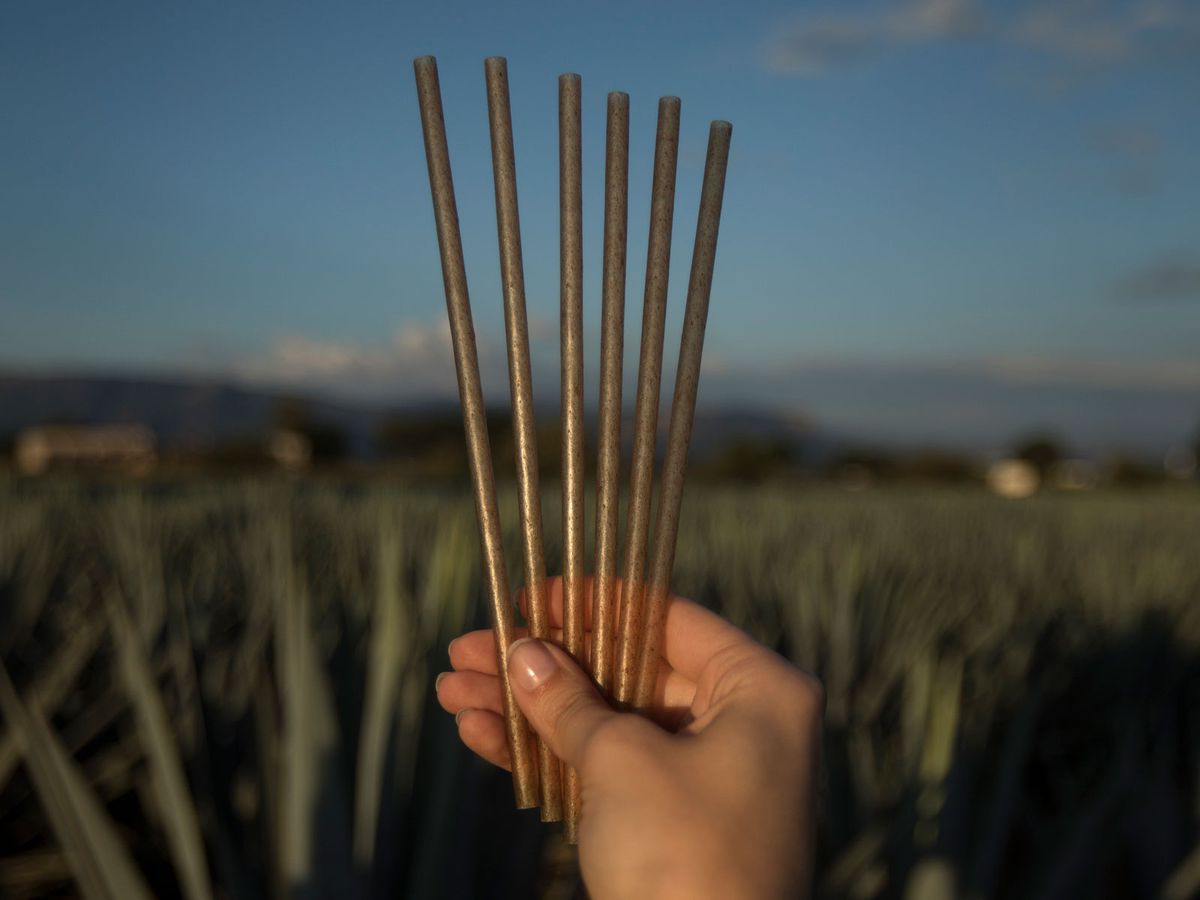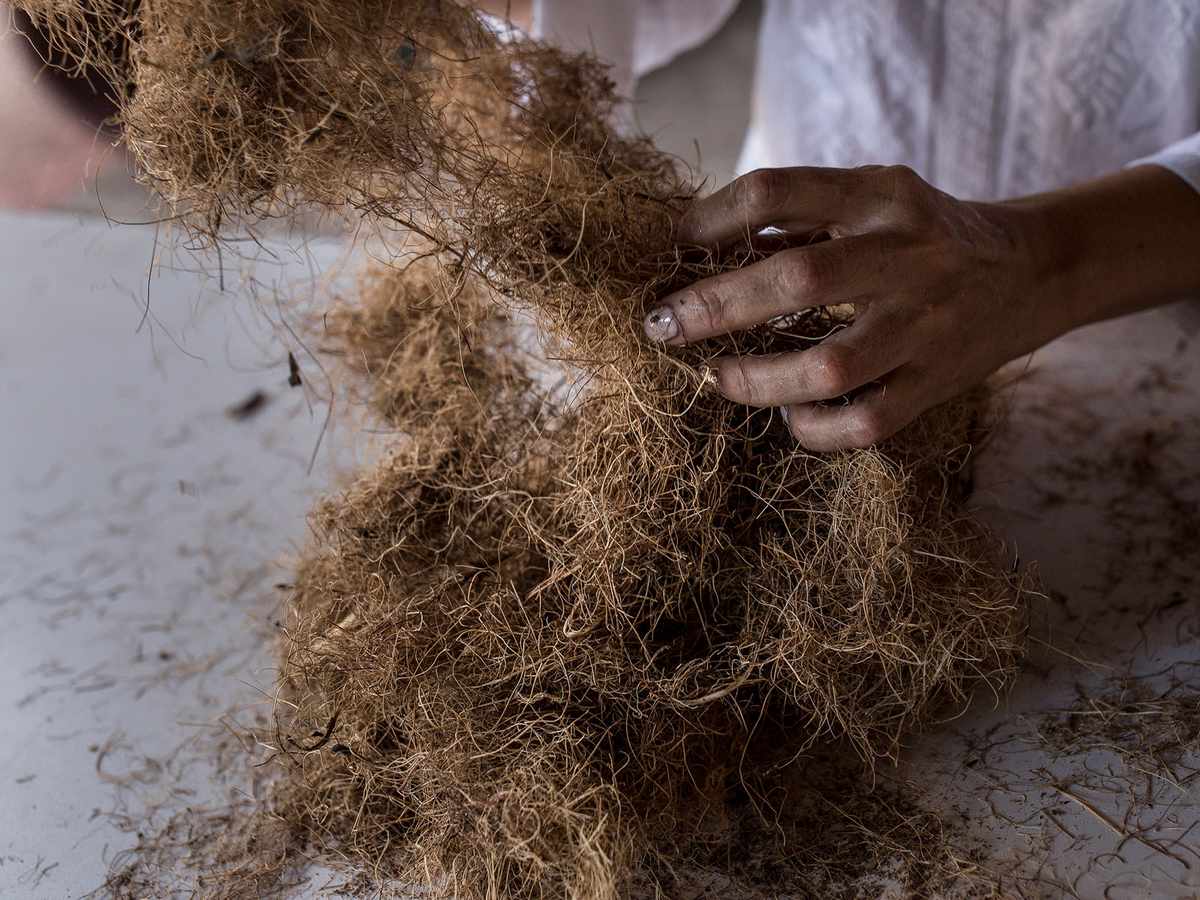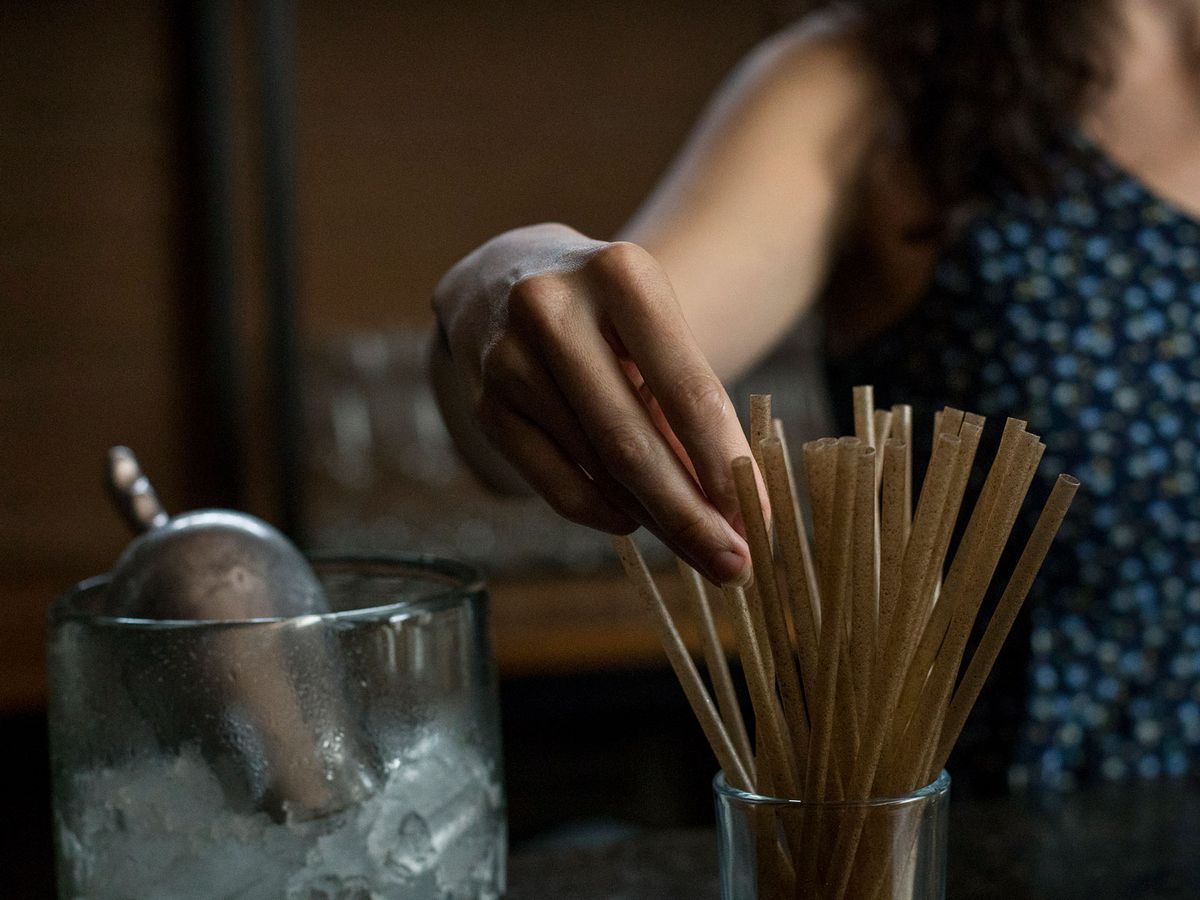Millions of the new straws, which are 30 percent agave fiber-based bioplastics, will be rolled out next year.
Over the past couple of years, the world has taken huge strides towards eliminating plastic straws with diverse companies from Starbucks to Whole Foods promising to do away with the once-ubiquitous item. And yet, the search to find an ideal replacement hasn’t been as quick to keep up. Paper straws, the most common alternative, have their drawbacks, as do other options like reusable straws or more far-out ideas like pasta straws. But Jose Cuervo believes it may have a new straw solution, and unsurprisingly, it involved tequila—no lime or salt necessary.

Tequila is made from agave, but clearly not all of the agave ends up in your bottle of Cuervo. Agave is a plant, and once the pinas have been boiled and the juice extracted, the remaining fibers are left as a byproduct called “bagasse.” As the world’s largest tequila producer, Jose Cuervo has a lot of this bagasse to deal with, so the company is constantly searching for new uses—for example, “as an alternative to plastic, paper, housing bricks, and fuel,” the brand explains. In 2016, Cuervo and Ford even announced a partnership to use agave fiber-based bioplastics in cars. Now, the tequila maker is turning its attention to something more in its wheelhouse: drinking straws.

Today, Jose Cuervo has announced a new sustainability initiative called “The Agave Project.” Its first creation is billed as “a more sustainable alternative to regular plastic straws made from upcycled agave fibers: a first-of-its-kind biodegradable, bio-based drinking straw that will decompose up to 200 times faster than regular plastic.”
The new straws—developed with scientists at BioSolutions Mexico and the production team at Mexico-based PENKA—replace about a third of the plastic used in traditional straws with an agave bio-based composite known as PolyAgave, according to the brand. The addition of a biodegradation additive allows these straws to “be consumed by microorganisms to fully biodegrade within one to five years in landfill conditions.” Jose Cuervo says these straws have “a mouthfeel and texture similar to traditional plastic straws” (they are still 69 percent plastic, after all) and have “a natural, organic tan color” thanks to the agave fibers.
“As a by-product of the tequila industry, agave fiber is a rich resource we have harnessed to create every day more sustainable alternative to plastic,” Ana Laborde, CEO, and founder of BioSolutions Mexico and PENKA, said in the announcement. “The agave fiber in our bio-based composites is an ideal material that not only works as a replacement to plastic, this simultaneously reduces the dependency on petroleum-based polymers, fossil fuels, and water for the production of our straws.”

Jose Cuervo says it plans to begin rolling out these biodegradable agave-based straws by the “millions” next year at places like “bars, restaurants, and Jose Cuervo events across the US and Mexico.”

Meanwhile, the brand says it hopes that these 30 percent PolyAgave straws are just the beginning. Currently, Cuervo explains that any higher level of PolyAgave would cause the straws to break, but the hope is that further research and development will allow them to create straws with a higher “plant-based” content.
“As the tequila industry worldwide booms, it is our company’s responsibility as the leader to take care of the agave plant and ensure that we are producing tequila sustainably,” Alex Coronado, Master Distiller and head of operations at Jose Cuervo, stated. “It takes an average of six years to grow an agave plant before it is mature enough to harvest for tequila production, and we have to be committed to finding more ways to use the agave fibers once that process is complete. The debut of our biodegradable, agave-based drinking straws is a new step in utilizing the full potential of this very special Mexican agricultural product.”
Source: insurgentepress.com.mx, biosolutions.mx, foodandwine.com
The Mazatlan Post





